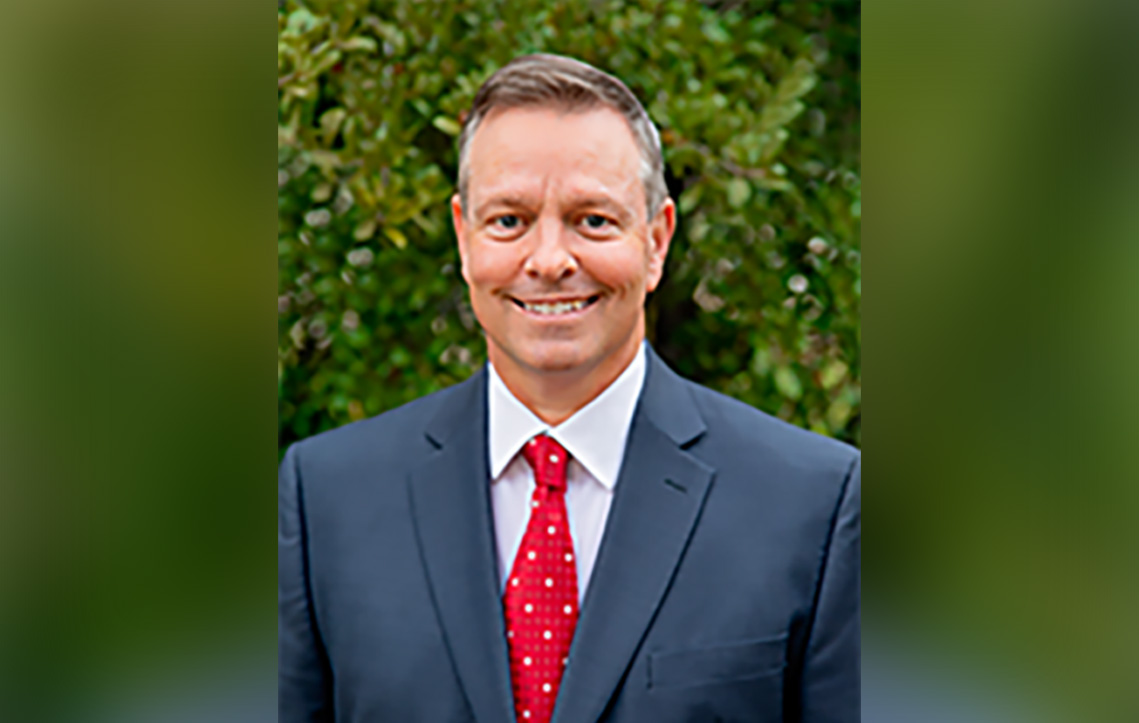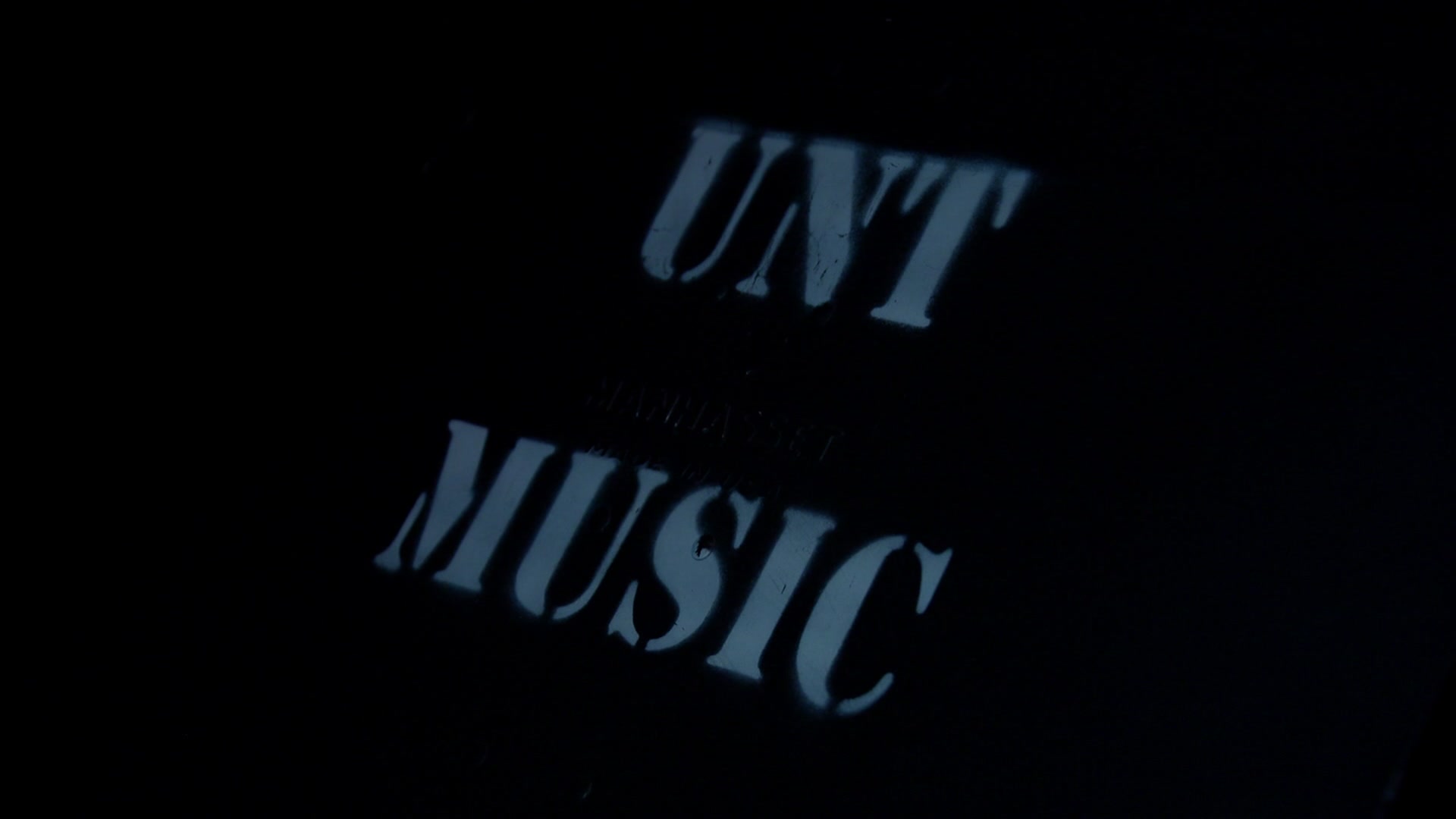A 300 square foot kitchen is a far cry from where Sam Kaiser and Mike Youssef would've imagined themselves two years ago. But like many, when COVID-19 hit, they were forced to pivot.
“They just said, we have to put you on furlough,” said Kaiser.
After years in the hospitality industry, working together at a large Dallas hotel, the friends struck out on their own, launching Furlough Brothers to bring Dallas its best cheesesteak yet.
But with restaurants and bars closed, a virtual option seemed like their best bet.
Get DFW local news, weather forecasts and entertainment stories to your inbox. Sign up for NBC DFW newsletters.
“I think with the pandemic, it kind of brought ghost kitchens to light,” said Youssef.
Unlike a traditional restaurant with a front-of-house focused on serving customers, ghost kitchens rely on third-party delivery apps to get their food to those they serve.
“I think what it provides is a really low barrier to entry because of how much money you have to put upfront, how much space you need to have, and the ability to run multiple concepts out of it. You're not going to walk into too many restaurants and have multiple concepts running out of the same storefront,” said Kaiser.
Local
The latest news from around North Texas.
Since launching in March, the duo's already started a second concept, Packin' Bowls, which they run out of the same space.
That's why even as in-person dining makes a big comeback, Tyler Shin, managing partner of Garland's Revolving Kitchen, says the virtual model continues to succeed.
Under his roof, he provides space for 25 separate kitchens, rented to both national chains and mom and pop startups.
“Rather than have these chains where these operators spend a lot of time and money to bring one concept to the market, through ghost kitchen you can run a kitchen and launch three, four, five different concepts. So, you give them a lot of different variety, a lot of options, at a fraction of the cost,” said Shin.
Now at capacity, Shin's considering which market to bring Revolving Kitchen to next.
“The numbers make sense, the concepts make sense, and I think that's what the consumers want these days,” said Shin.
Earlier this year, market research firm Euromonitor predicted ghost kitchens could become a $1 trillion dollar industry by 2030.
It’s a big boom Krave co-founder Markus Pineyero hopes to capitalize on with a virtual food hall that he'll launch in the first quarter of next year.
“We are creating a platform where people can come in and order under multiple brands on one ticket. It's one delivery fee,” said Pineyro.
He calls it a restaurant of the future with kiosks rather than cashiers and lockers for food pickup, and that's just the start.
“This is not a trend. This is more of a consumer, it's a shift in behavior. And we believe it's here to stay,” said Pineyro.



